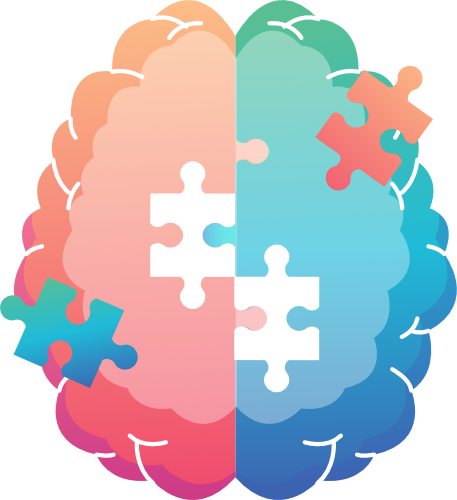Overview
“Measure Once, Cut Twice”
The old adage, “measure twice, cut once,” works well in the world of carpentry where wood, once divided, is difficult to repair. In the world of research, on the other hand, where measurement is central to impact evaluation and continuous quality improvement, the ideal is to measure once and use the results to guide practices well into the future (or to “cut twice”).
QTurn has developed innovative measures to enhance the quality and impact of educational and out-of-school time (OST) programs. Our tools are designed to support educators and program staff in fostering a positive learning environment and promoting the socio-emotional growth of youth.
Here, you will find detailed summaries of three of our key instruments. Together, these tools are integral to our mission of improving educational outcomes and supporting continuous quality improvement.
CHILD SKILLS
Adult Rating of Youth (ARY)
The ARY (Adult Rating of Youth) measures specific, observable socio-emotional behaviors in children and youth aged 5 to 18 within Out-of-School Time (OST) programs. It evaluates basic self-regulation (schemas) and advanced self-regulation (awareness).
Constructs measured by the ARY tool:
Broaden and Build
Positive schemas from supportive relationships, making youth feel safe and curious
Narrow and Constrain
Negative schemas from non-supportive relationships, leading to anxiety and difficulty in new situations
Awareness
Ability to focus attention intentionally, influencing behaviors like listening and managing impulses

How It Works
Features

ADULT PRACTICES
Teacher Practices Instrument (TPI)
The Teacher Practices Instrument (TPI) is an observational rating measure developed by QTurn to assess the quality of teacher and staff practices in school classrooms and out-of-school time (OST) programs. It is designed to build a quality-focused organizational culture, develop improvement goals, identify staff training needs, and provide information on how instructional quality relates to children’s socio-emotional skill growth.
Constructs measured by the TPI:
Warmth
Emotional tone communicated through verbal and non-verbal behavior
Responsiveness
Immediate responses to children’s verbal and non-verbal behavior
Scaffolding
Behavior calibrated to a child’s skill level or zone of proximal development
Encouragement
Behavior that acknowledges, validates, and motivates children’s thoughts, feelings, and behavior
How It Works


Features
Reliability and Validity
Inter-rater reliability for TPI items has averaged 75% perfect agreement. Construct validity has been supported by statistically significant relationships with the School-age and Youth PQA.
The TPI and its accompanying manual are copyrighted materials by QTurn LLC with specific licensing terms for use and reproduction.
ADULT HEALTH
Teacher Wellness Instrument (TWI)
The Teacher Wellness Instrument (TWI) is a self-report measure designed by QTurn to assess teachers’ mental experiences during the school day. It identifies staff training needs and provides information on how specific aspects of teacher wellness relate to instructional quality at the point of service.
Constructs found in the TWI are similar to those measured by the ARY:
Broaden and Build
Positive mental experiences generated from supportive relationships
Narrow and Constrain
Negative mental experiences resulting from traumatic encounters
Awareness
Conscious control over attention in relation to current thoughts and feelings

How It Works
Features

Reliability and Validity
While the TWI items were adapted from well-developed measurement instruments, further data collection is needed to fully evaluate the reliability and validity of the scale scores. Users are encouraged to focus on the face validity of the items for continuous improvement or evaluation goals.
The TWI and its manual are copyrighted materials by QTurn LLC with specific licensing terms for use and reproduction.
In addition to the ARY, TPI, and TWI, QTurn has used and continues to offer the following:



